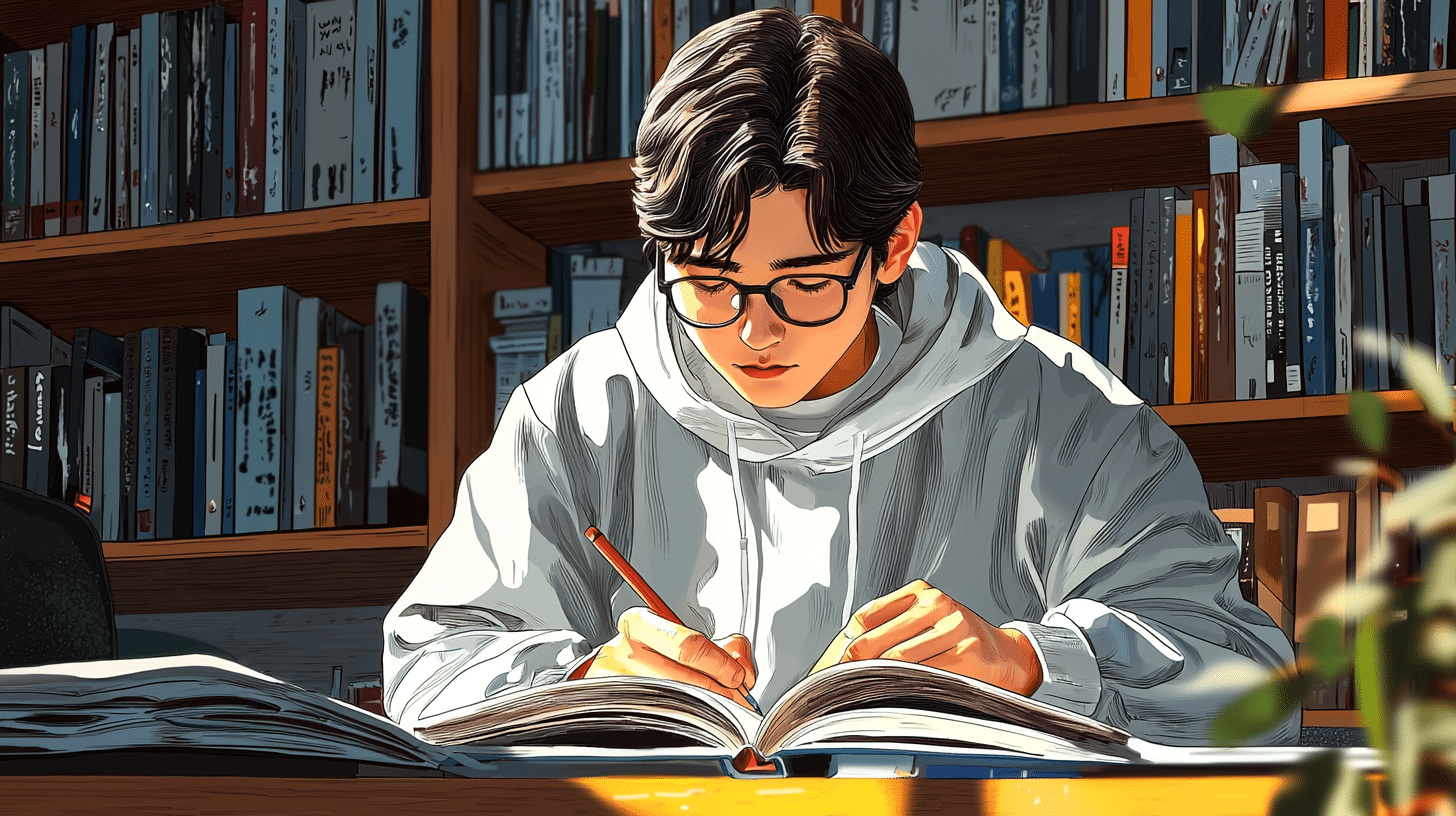Learning a new language is always an exciting journey filled with fascinating discoveries. For those venturing into the Romanian language, an intriguing aspect is how certain words can sound alike but hold completely different meanings. This phenomenon is quite common in many languages and often leads to amusing misunderstandings and insightful learning moments. In this article, we will delve into two Romanian words: Ureche and Ușurează. Though they might sound similar to a non-native speaker, they have vastly different meanings.
Understanding “Ureche” (Ear)
The word Ureche in Romanian translates to “ear” in English. It is a noun and refers to the organ of hearing. The word is quite straightforward and is used in a variety of contexts, primarily relating to hearing, listening, or anything associated with the ear.
For example:
– Am o durere de ureche. (I have an earache.)
– El are o ureche muzicală. (He has a musical ear.)
Interestingly, the Romanian language also uses Ureche in idiomatic expressions, just like English. For instance:
– A avea ochi și urechi peste tot. (To have eyes and ears everywhere, meaning to be very observant or to have many sources of information.)
– Îmi intră pe o ureche și îmi iese pe cealaltă. (It goes in one ear and out the other, meaning not to retain what one hears.)
As you can see, Ureche is a fundamental word in the Romanian vocabulary, essential for describing sensory experiences and forming various expressions.
Understanding “Ușurează” (Eases)
On the other hand, Ușurează is a verb and translates to “eases” or “makes easier” in English. It comes from the verb ușura, which means “to ease” or “to alleviate.”
For example:
– Medicamentul ușurează durerea. (The medication eases the pain.)
– Acest dispozitiv ușurează munca. (This device makes the work easier.)
The verb ușura and its forms are crucial for expressing relief, assistance, and the process of making something less difficult. It is often used in both physical and metaphorical contexts.
For example:
– Conversația cu prietenii ușurează stresul. (Talking with friends eases stress.)
– Un profesor bun ușurează învățarea. (A good teacher makes learning easier.)
Common Confusions and Tips to Avoid Them
Due to the similar sounds, learners might mix up Ureche and Ușurează. Here are some tips to help you distinguish between these two words:
1. **Focus on Context**: Pay attention to the context in which the word is used. If the conversation is about health, body parts, or sensory experiences, Ureche is likely the word. If it’s about making something easier or reducing difficulty, then Ușurează is the right choice.
2. **Pronunciation Practice**: Practice the pronunciation of both words. Ureche is pronounced [oo-re-keh], with a clear ‘k’ sound. Ușurează is pronounced [oo-shoo-reh-ah-zoo], where the ‘ș’ sounds like the English ‘sh’.
3. **Use Mnemonics**: Create a mnemonic to help remember the differences. For example, imagine an ear (Ureche) hearing something, while for Ușurează, you can think of someone sighing in relief as something gets easier.
4. **Practice with Sentences**: Write out sentences using both words in different contexts. This will help reinforce their meanings and proper usage.
Exploring Further Vocabulary
Understanding the nuances between words like Ureche and Ușurează opens the door to exploring more homophones and near-homophones in Romanian. Here are a few more pairs to consider:
– Mare (big/sea) vs. Mare (mother-in-law)
– Foc (fire) vs. Fac (I do/make)
Each pair offers a unique opportunity to deepen your understanding of Romanian phonetics and vocabulary.
Conclusion
Learning Romanian, like any language, involves navigating through words that sound alike but mean different things. By focusing on Ureche and Ușurează, you can sharpen your listening skills and enrich your vocabulary. Remember to pay attention to context, practice pronunciation, use mnemonics, and write sentences to cement your understanding. As you continue your language learning journey, these skills will prove invaluable, helping you become more fluent and confident in Romanian. Happy learning!

